Did you know that next week (2nd to 8th May 2016) is ‘Screen Free Week’?
The Campaign for a Commercial Free Childhood presents Screen Free Week 2016 and encourages children, their families and other individuals to turn off their screens* (*except for work and school, college and university assignments) and instead engage in creative and social activities. So prepare to forget about Facebook, turn off twitter, forego your Netflix fix and reduce your screen time.

A quick Google search on the topic of ‘children and television’ highlights concerns that too much screen time is alleged to be damaging for children. The American Paediatrics Society, for example, recommends that screen time for children under 2 years be avoided and that for older children it should be limited. But what do we actually know about the impact of screen time on children’s development? Psychologists have been seeking an answer to this question for over 50 years! However, there are still many gaps in our understanding.
While research suggesting a relationship between more screen time in early childhood and negative consequences in later childhood may appear concerning we must treat these findings with caution. It is well known in psychology that causation cannot be assumed from a correlation as it is possible that both variables, the screen time and the later negative behaviour/experiences might be being influenced by something else. For example, eating ice cream and death by drowning are correlated but we do not conclude that eating ice cream is dangerous – instead we might assume that increases in both these events are due to nice weather. Therefore it can be argued that more screen time is not actually directly related to later negative experiences at all… Instead there might be something else which accounts for both, such as parents who are time poor, spend less time interacting with their child, families of lower SES, poor diet, etc.

As a Developmental Psychologist I do have concerns about the consequences of excessive screen time in early childhood. Particularly as excessive screen time is likely to result in children spending less time engaged in other activities important for their development, e.g. physical exercise, play, sleep, and family time. However, I do not think that parents should be made to feel guilty for allowing their children some entertainment-based screen time.
Dr. Sarah Rose, Lecturer in Child Development at Staffordshire University, is continuing to investigate the impact of different types of screen media on children. She is particularly interested in how screen time may affect children’s developing creativity. To find out more about her research visit Staffordshire University’s Children’s Lab
Interested in Psychology? Come to an Open Day & find out more about Psychology courses at Staffordshire University.
Intrigued by Dr Sarah Rose’s research? Wonder whether screen time is actually having more negative than positive effects on child health and development? Thinking about taking a Psychology degree or a related course?
Come to one of Staffordshire University’s Open Days and find out more! Book your place via: www.staffs.ac.uk/openyourmind/
Find out about our Psychology degrees, including our BSc Psychology & Child Development degree which received 100% Student Satisfaction (2015 National Student Survey) and our other highly rated Undergraduate and Postgraduate courses.
The School of Psychology, Sport and Exercise at Staffordshire University is a leading School in the UK for Psychology degrees and is situated in the heart of England. We produce internationally recognized research which is driving knowledge in this area forward and we work with a variety of healthcare providers, charities, international sports teams and private sector organisations.
 The School of Psychology, Sport and Exercise at Staffordshire University is a leading School in the UK for Psychology degrees and is situated in the heart of England. We produce internationally recognized research which is driving knowledge in this area forward and we work with a variety of healthcare providers, charities, international sports teams and private sector organisations.
The School of Psychology, Sport and Exercise at Staffordshire University is a leading School in the UK for Psychology degrees and is situated in the heart of England. We produce internationally recognized research which is driving knowledge in this area forward and we work with a variety of healthcare providers, charities, international sports teams and private sector organisations.


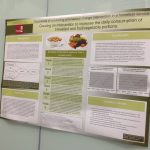
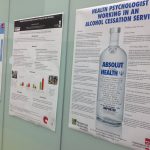

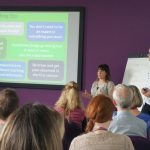
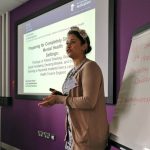
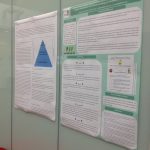


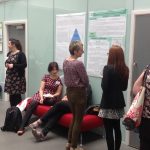
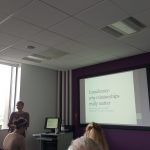

 centre of excellence for teaching and research in Health Psychology, and is home to Staffordshire’s BPS Accredited Stage 1
centre of excellence for teaching and research in Health Psychology, and is home to Staffordshire’s BPS Accredited Stage 1





 in
in 













